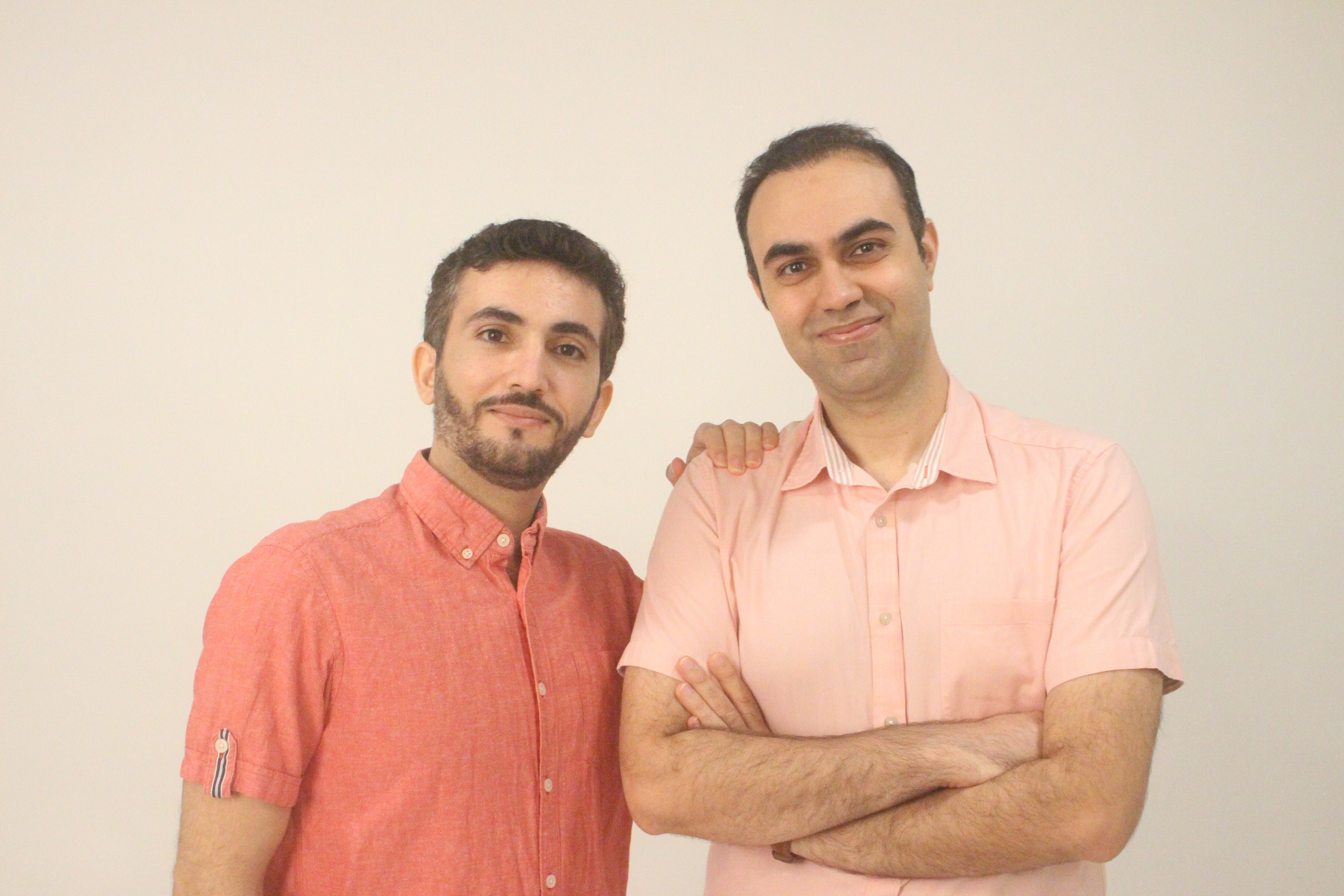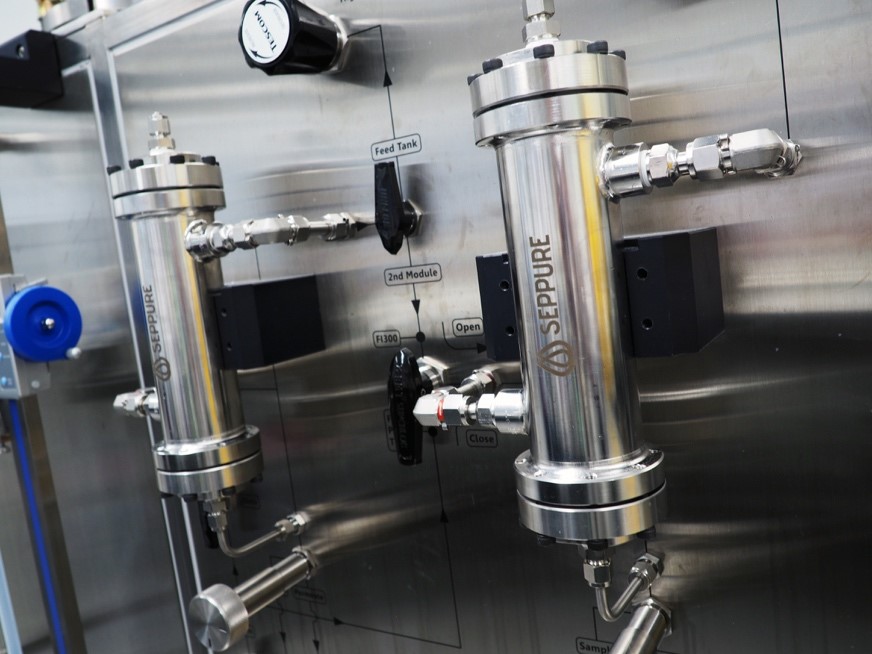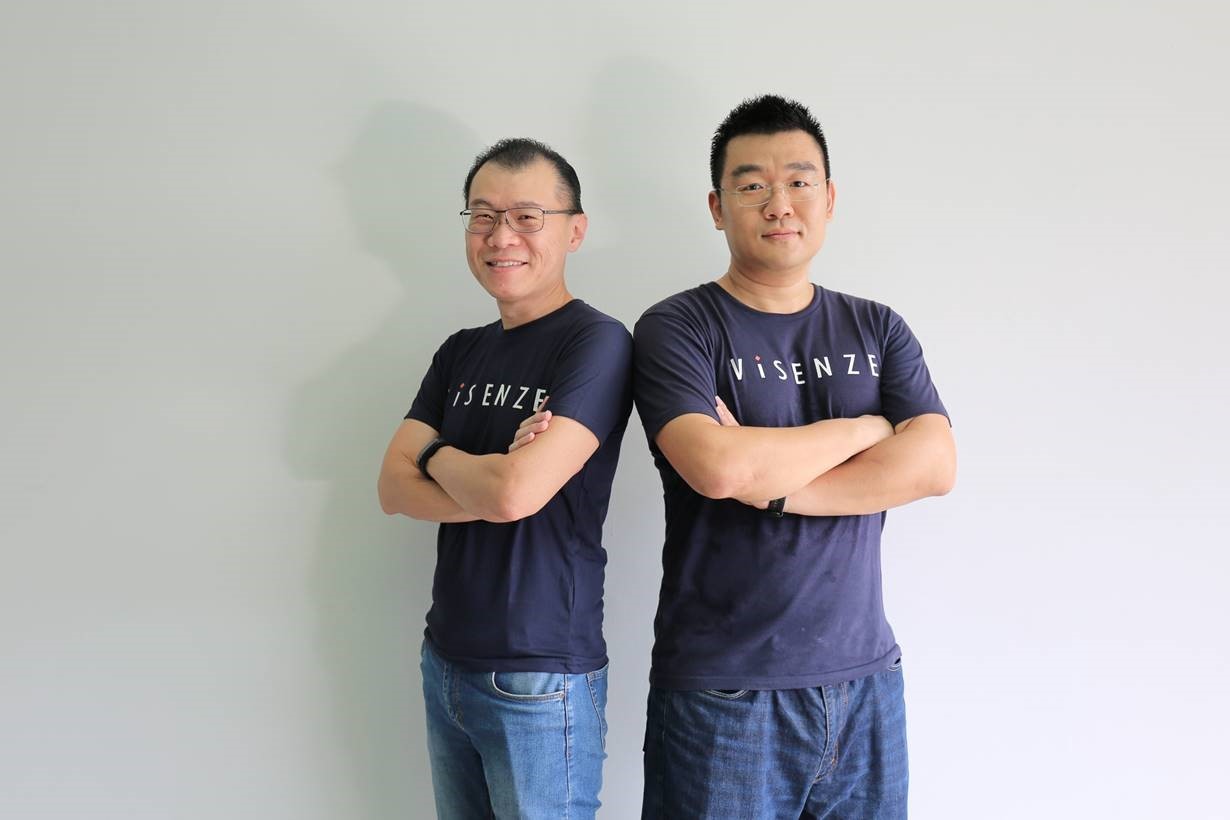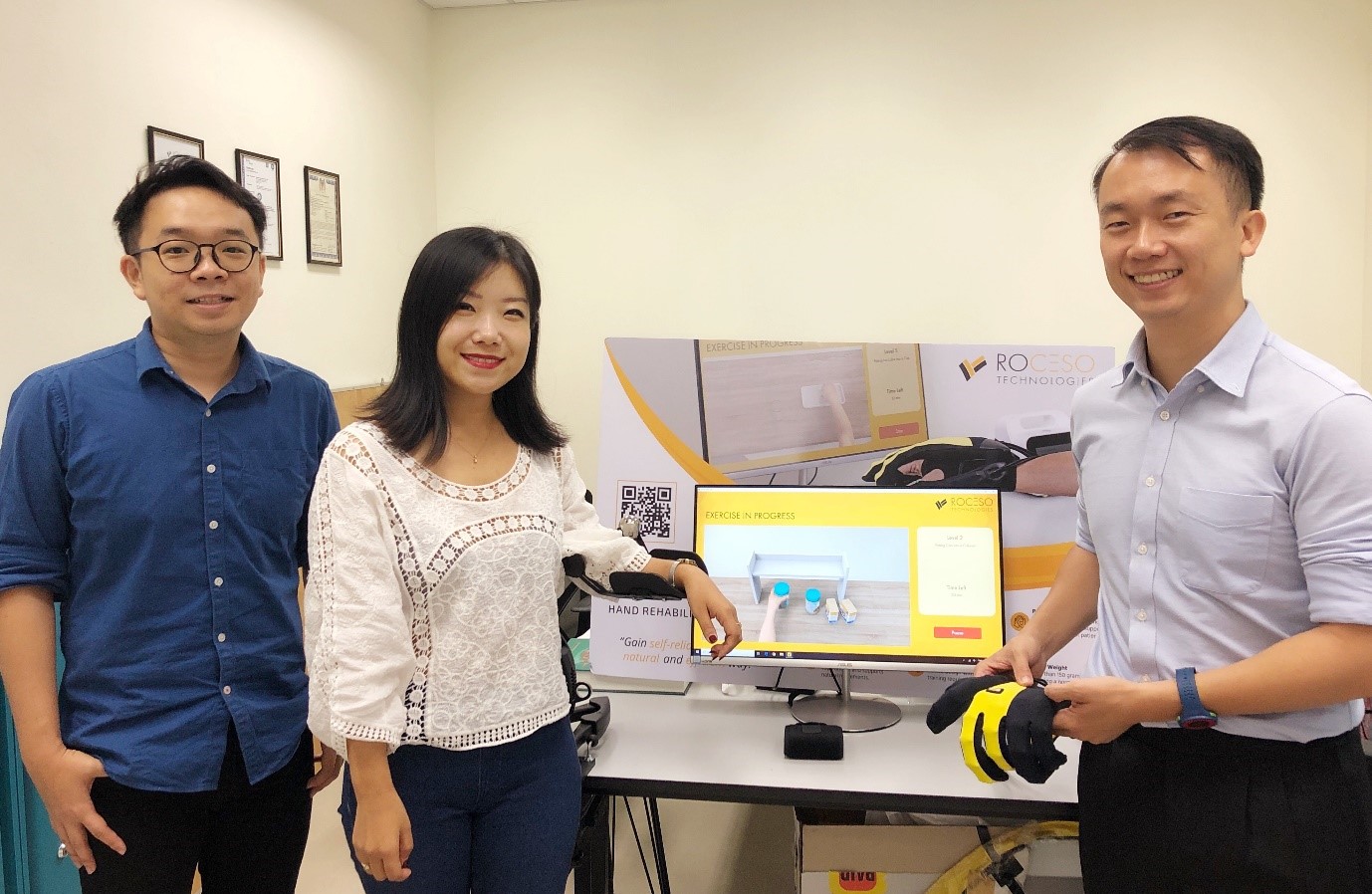
How Allozymes Engineers the Right Enzymes
When you eat a slice of cheese, drink a pint of beer or even wear your favourite shirt, you don’t typically think about the enzymes used in the manufacturing process. While we might not always give them enough credit, by speeding up chemical reactions and improving yield, enzymes are integral to a variety of industries from food to biofuel.
Despite their wide use, they can be difficult to harness for new applications. Companies first have to identify the right enzyme before adapting it for industrial use and then engineering and reproducing it for commercialisation. Unfortunately, this process typically costs millions of dollars, takes more than a year and includes a huge amount of waste.
To improve the process and benefit both industry and environment, co-founders Dr Peyman Salehian and Dr Akbar Vahidi launched Allozymes. With support from the National University of Singapore (NUS) Industry Liaison Office, Allozymes was able to successfully patent and commercialise their technology that efficiently identifies and develops enzymes much faster at a fraction of the cost for industrial use.
In this feature, discover how Dr Salehian and Dr Vahidi grew their company and positioned their technology as a means to harness the right enzymes without the waste.
Waste not, want not
Inspired by nature, industrial enzymes and their products are usually derived from plant, animal or microbial sources. For example, a cow’s contribution to cheese-making does not stop with milk. Their stomachs produce rennet, an enzyme that is used in commercial cheese production to separate milk into curds and whey.
After researchers identify the right enzyme for their purpose, these molecules are then isolated and extracted from natural sources. However, such methods can result in large amounts of waste—a fact that Allozymes co-founders were unwilling to yield to.
“Reducing this waste is important for the health of our environment,” said Dr Salehian. “Just engineering of one enzyme can result in up to 1.6 tonnes of chemical waste—multiply that by 4000 enzymes a year, it’s just too much.”
All(ozymes) or nothing
Realising there was a gap in the market for more efficient enzymes for biomanufacturing , Dr Salehian and Dr Vahidi got to work. The two met in 2013 while pursuing their doctoral degrees in Chemical and Biomolecular Engineering at NUS and remained close friends. As Dr Salehian had previously established a successful start-up , his entrepreneurial experience paired perfectly with Dr Vahidi’s more technical leanings.
To launch the technology, they put together a team with varied expertise and developed Allozymes’ their proprietary technology that powers the next generation enzyme engineering platform. “We needed microfluidics knowledge, electrical engineering knowledge, mechanical engineering knowledge, software developers and biotech experts,” Dr Salehian explained. “All of these five domains had to come together to achieve results.”
With their technology powered by microfluidics, Allozymes is able to almost completely cut out biohazard, chemical and plastic waste while engineering enzymes at ten times the speed. By analysing smaller samples and identifying the relevant enzymes, the Allozymes platform can even build and test millions of enzymes a day. With such speed, the likelihood of identifying the right enzyme and developing effective enzymes increases substantially as well.
Given how promising their platform already appears, it comes as no surprise that Allozymes has recently raised $5 million in seed capital that they intend to put towards advancing their technology in the region and improving the enzyme engineering process across all sectors.
“Ultimately, the goal of the company is to help other biotech start-ups and other biotech companies.” Dr Salehian explained. “We want them to be able to use our technology and platform to accelerate their development.” Intended to benefit start-ups, industry and the environment, Allozymes is poised to revolutionise enzyme discovery and engineering across the board—and with little to no waste too.
Success Stories

SEPPURE Nanofiltration Technology =…
Did you know—the energy required to separate and distil chemical mixtures used…

Empowering Search
Imagine walking down the street and spotting someone wearing an incredible…

Fits Like a Glove!
Entrepreneurship as a career fits like a glove for Jane Wang, CEO of Roceso…